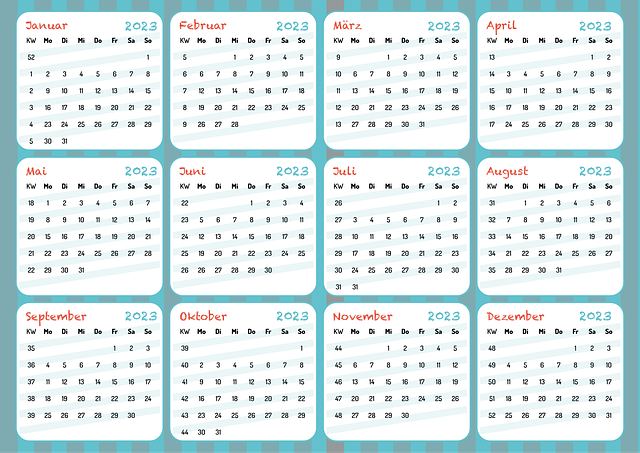Event planners are key to bolstering local businesses' online presence through strategic event goals aligned with social media objectives, creative content strategies (like hashtags and live streaming), and targeted advertising. They ensure maximum reach on platforms selected based on audience engagement. Successful social media events, whether virtual or hybrid, driven by imaginative content and meticulous execution, drive foot traffic, boost sales, and strengthen brand visibility for local businesses, all guided by clear KPIs and objectives.
Social media events, when expertly managed, can significantly boost engagement for local businesses. This article guides you through the process of strategizing, promoting, and executing successful online gatherings. From aligning event goals with social media KPIs to leveraging influencers and analyzing post-event data, each step ensures a positive experience. Discover how the right tools, content, and interactive features can attract and retain audiences, making your local business events stand out in today’s digital landscape.
- Strategizing for Success: Aligning Event Goals with Social Media
- – Understanding the purpose of social media events
- – Defining key performance indicators (KPIs) and objectives
Strategizing for Success: Aligning Event Goals with Social Media

When planning events for local businesses, strategizing is key to success. It starts with aligning event goals with social media—the primary tool for reaching and engaging audiences in today’s digital era. Event planners must understand that a simple promotion isn’t enough; they need to create a buzz and drive interactions. This involves setting clear objectives, such as increasing brand awareness, generating leads, or fostering community engagement. Once these goals are defined, tailor content strategies to match. For instance, creating exclusive event-based hashtags can encourage user-generated content, while live streaming offers an immersive experience, enabling local businesses to connect with their target market in meaningful ways.
Successful event planning for local businesses also means leveraging social media platforms effectively. Different platforms cater to distinct audiences, so a well-thought-out content distribution plan is essential. By posting engaging visuals, interactive stories, and regular updates, organizers can keep the audience invested. Additionally, utilizing targeted ads ensures that relevant individuals discover the event, maximizing attendance and overall impact. Strategizing for success means combining creative content with meticulous planning, ensuring every aspect of the event—from promotion to execution—is optimized for maximum social media engagement.
– Understanding the purpose of social media events

Social media events, carefully planned and executed, serve as powerful marketing tools for local businesses looking to engage their target audience. These digital gatherings offer a unique opportunity to foster community and build brand awareness in a highly interactive environment. By understanding the specific goals and potential of each event, planners can create meaningful experiences that resonate with participants.
For event planning professionals, recognizing the difference between a successful social media gathering and an ordinary online meeting is key. It involves tailoring strategies to align with local business objectives, whether it’s driving foot traffic, increasing sales, or establishing a stronger online presence. Effective management includes selecting the right platforms, crafting compelling content, and leveraging influencers or industry experts to maximize reach and engagement during these virtual or hybrid gatherings.
– Defining key performance indicators (KPIs) and objectives

In the realm of event planning, particularly for local businesses looking to make a buzz in the digital age, defining Key Performance Indicators (KPIs) and setting clear objectives is the bedrock of a successful social media event. These KPIs should be tailored to align with the broader marketing goals of the business, whether it’s increasing brand awareness, generating leads, or fostering customer engagement. For instance, for a local restaurant hosting a culinary event on Instagram Live, KPIs could include the number of unique viewers, the average duration of their stay on the live session, and the resulting surge in online orders. By setting these metrics, the event managers can skillfully navigate the labyrinthine landscape of social media, ensuring every post, story, or live stream contributes to a strategic plan.
When planning for Event Planning for Local Businesses, it’s crucial to establish measurable objectives that directly link to the chosen KPIs. For example, if increasing sales is an objective, KPIs might focus on tracking sales conversions during and after the event. If brand visibility is key, metrics could measure reach, engagement rates, and the overall increase in followers or interactions with the business’s social media handles. These well-defined KPIs not only provide a clear direction for event management but also allow for effective post-event analysis, enabling local businesses to make informed decisions for future social media initiatives.
Social media events, when expertly planned and executed, can be a powerful tool for local businesses to engage their audiences and achieve significant marketing goals. By aligning event strategies with social media objectives, organizers can create memorable experiences that resonate with participants and drive measurable results. Through defining clear KPIs and understanding the unique dynamics of each platform, event planners can ensure their efforts are effective and contribute to the overall success of local business growth in today’s digital landscape.
